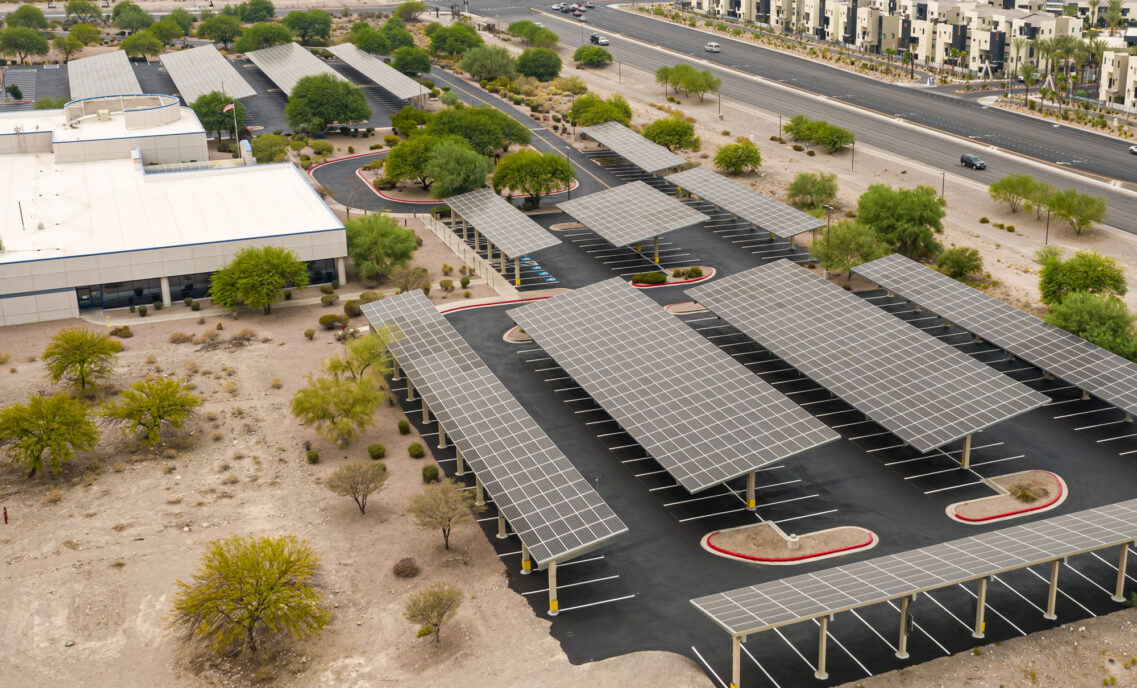Last week, the Institute of Public and Environmental Affairs (IPE) released its annual Corporate Information Transparency Index (CITI), which measures transparency and supply chain practices in China. Levi Strauss & Co. was ranked #1 in both the apparel industry and overall, the first time the company has topped both categories.
We talked to Chief Sustainability Officer Jeff Hogue about the rankings and what it means for LS&Co.
To start, what is IPE?
IPE is a Beijing-based non-profit organization that tracks environmental performance and transparency in supply chains in China. Among other things, it maintains a database that shows what’s happening at factories in something close to real time. It’s the leading voice in China on environmental sustainability in manufacturing, and every year they work with the Natural Resources Defense Council (NRDC) to compile and release the Corporate Information Transparency Index (CITI), which ranks more than 600 global companies with sourcing in China. CITI ranks them according to how effectively they work with suppliers to cut emissions and waste and how transparent they are about their work.
What does it mean to be ranked #1?
I think it’s a great accomplishment. We’d been #1 in the apparel category in three of the past four years (and #2 the other year) but this is the first time we’ve been #1 in apparel and overall. The rankings are based on data companies publish and that IPE collects from official sources throughout the year. It also reflects how well companies work with their suppliers to address any issues that are identified.
Being placed at the top of the list shows that our work there has met a high standard for performance and transparency. Of course, these are the same standards that we have for ourselves and that we work to achieve globally throughout our supply chain. It’s not a sign that we can let up on our work to improve supply chain performance and reporting, in China or anywhere else, but it’s a positive indication that we’re moving in the right direction.
How does this fit with our sustainability priorities more generally?
It touches on several of the themes explored in our recently released sustainability report, such as working closely with our suppliers to reach our targets on climate and water, continuing to improve on wastewater management, and reporting more thoroughly and transparently on this work. Achieving a top ranking in the CITI index is something we can and should build on, so we can be clear internally and externally that we are continually improving on all our key priority areas for managing an efficient and sustainable supply chain, anywhere in the world.







